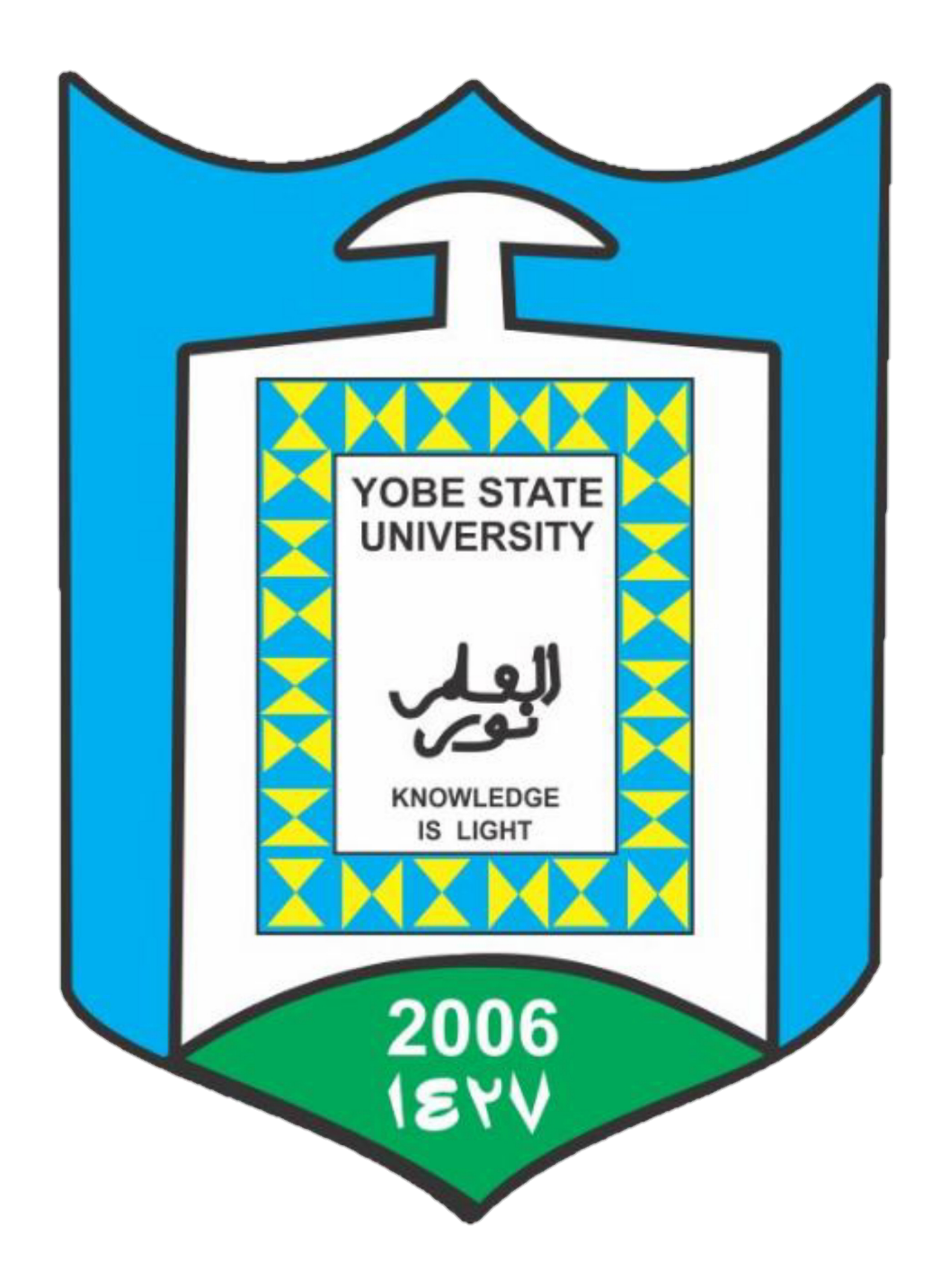 Department of Economics
Department of Economics Department of Economics
Department of Economics
The Department of Economics was amongst the first Department established in the University inyear 2007 but its academic activities have been started by 2009. It is poised to be the best training ground for students willing to take up challenges in Economics and Economic related domains. The Department is at the verge of graduating its Seventh batch of students.
Philosophy The Philosophy and mission statement underlying the Economics programmes of Nigerian Universities is to train graduates equipped with critical skills and abilities to; abstract using simplified models that identify the essence of a problem; analyze and reason – both deductively and inductively; marshal evidence, assimilate structure and analyze qualitative and quantitative data; communicate concisely the results to a wide audience, including those with no training in Economics; think critically about the limits of one’s analysis in a broader socio-economic context; and draw economic policy inferences and to recognize the potential constraints in their implementation.
Mission: To produce graduates enthusiastic in contributing positively to the growth and development of Yobe State, Nigeria, Africa and the world.
Objectives:
The objectives of this B.Sc. Economics degree programme are as follows:
1- To provide training in the principles of economics and their application; appropriate to the type of degree concerned: single, joint and combine studies.
2- Stimulate students intellectually through the study of economics and to lead them to appreciate its application to a range of problems and its relevance in a variety of contexts.
3- Provide a firm foundation of knowledge about the workings of an economy and to develop the relevant skills for the constructive use of that knowledge in a range of settings.
4- Develop in students the ability to apply the analytical tools, knowledge and skills acquired to the solution of societies’ economic problems.
5- Equip students with appropriate tools of analysis to tackle issues and problems of economic policy.
6- Develop in students, through the study of economics, a range of transferable skills that will be of value in employment and self-employment.
7- Provide students with analytical skills and the ability to develop simplified framework for studying the real world.
8- Provide students with knowledge and skills base, from which they can proceed to further studies in Economics, related areas or inter-disciplinary areas that involve Economics.
9- Generate in students an appreciation of the economic dimensions of wider social and political issues.